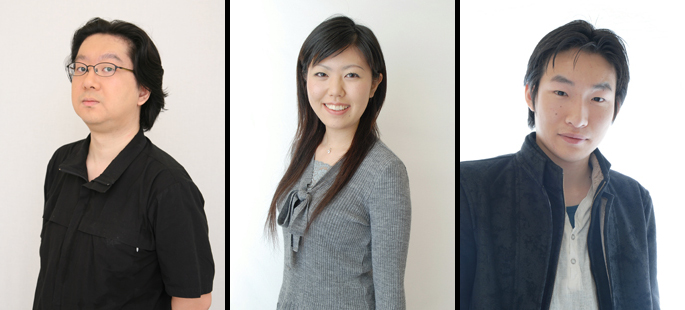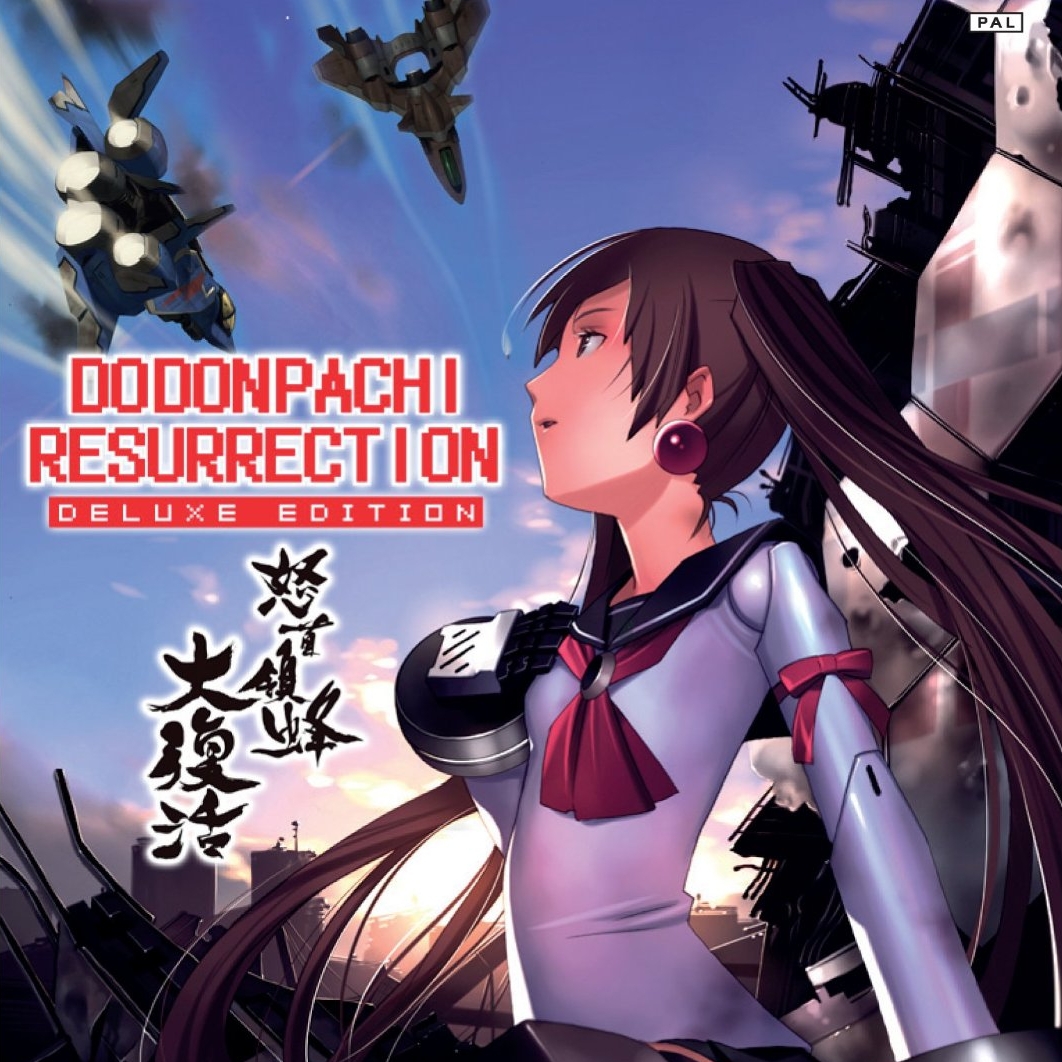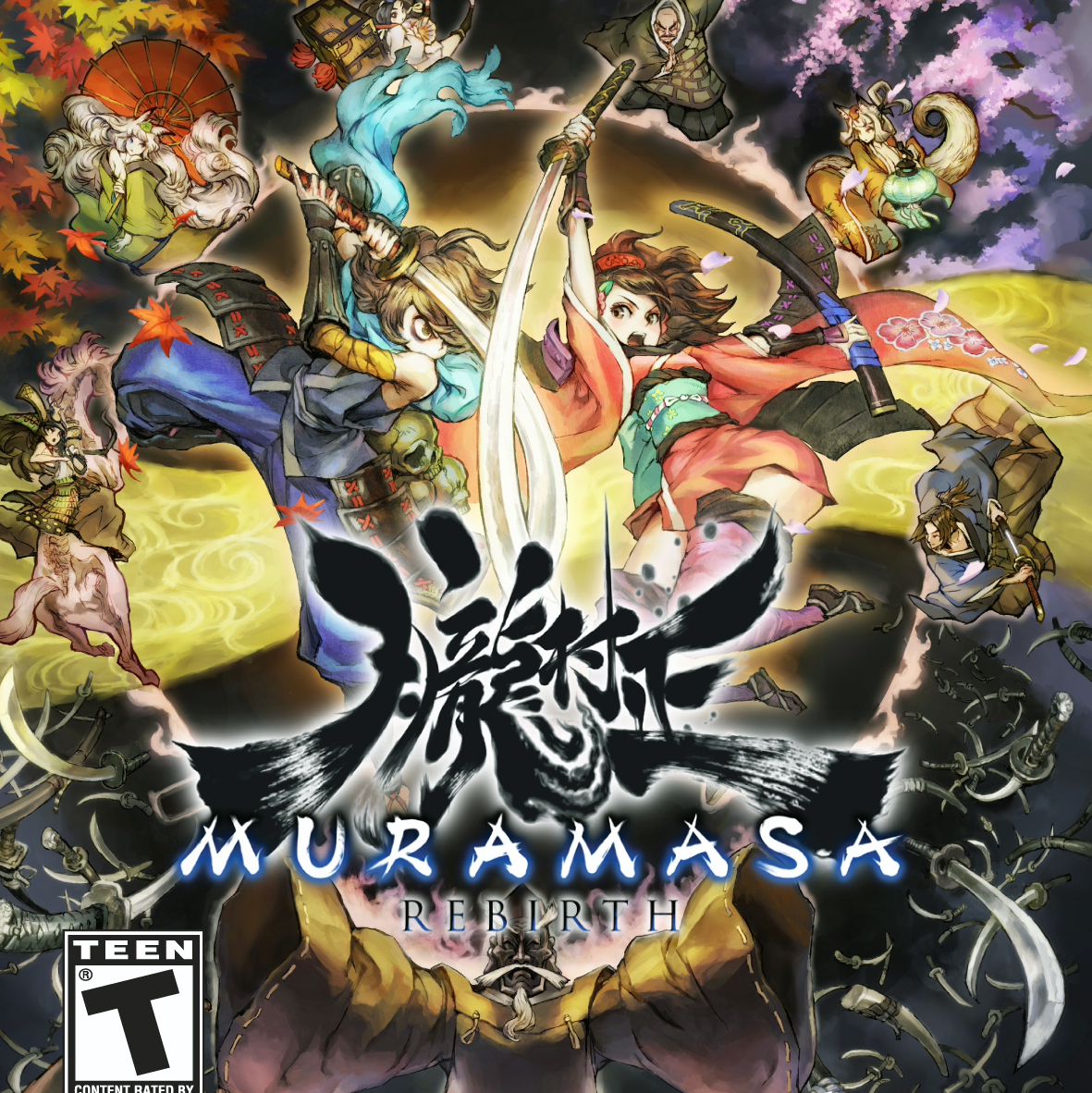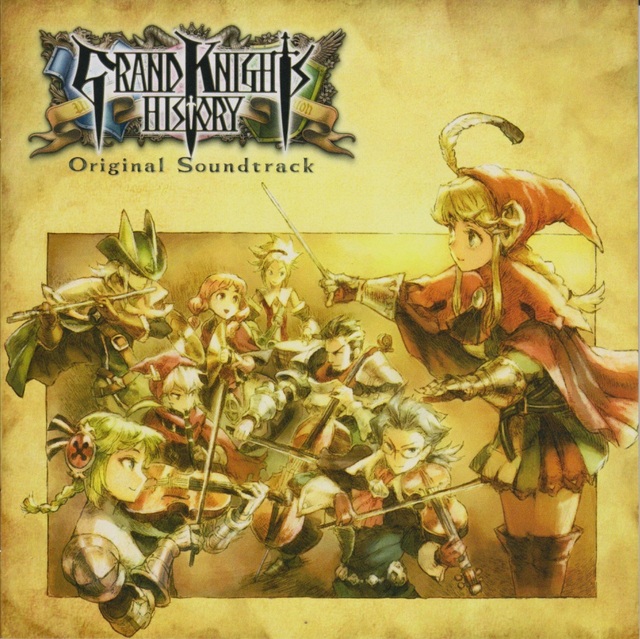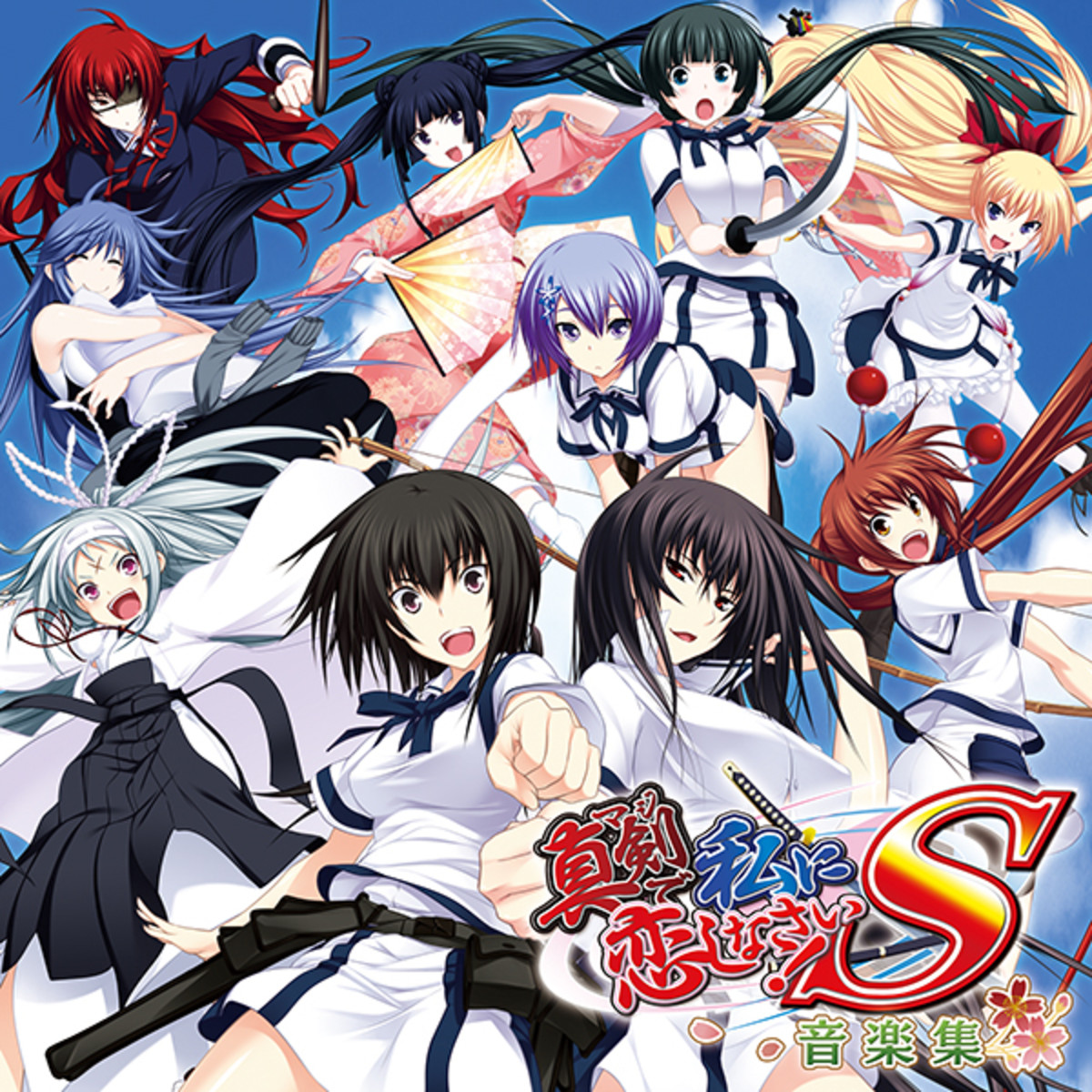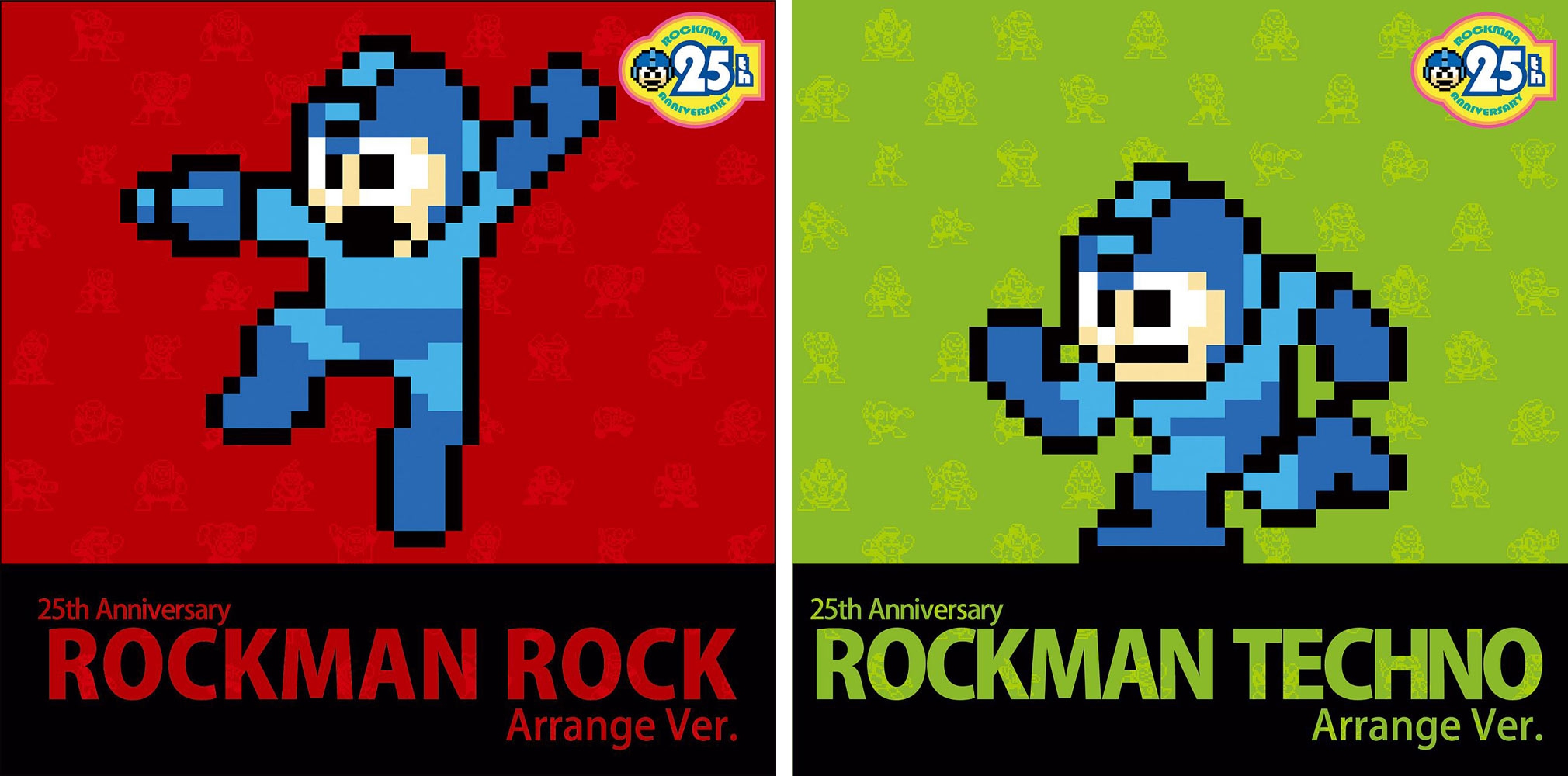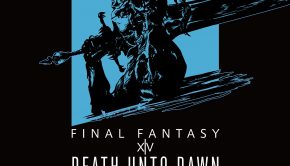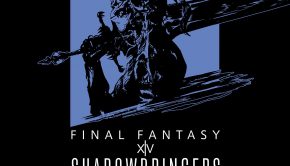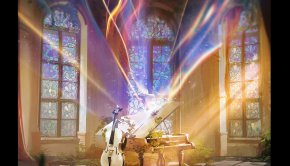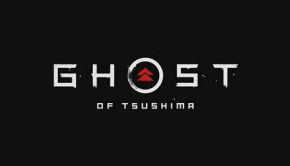Mitsuhiro Kaneda, Yoshimi Kudo & Azusa Chiba Interview: Expanding Horizons
Once Basiscape’s junior composers, Mitsuhiro Kaneda, Yoshimi Kudo, and Azusa Chiba are now directing soundtracks of their own. The composers have shown themselves to be worthy of a new generation with their creative approaches, distinctive styles, and tremendous versatility.
In this three-way interview, the composers reflect on working with Manabu Namiki on Cave’s shooters (DoDonPachi Revolution, ESPGaluda II) and under Hitoshi Sakimoto on various projects (Muramasa: The Demon Blade, Opoona). They also discuss the projects they have personally led (Grand Knights History, Pokémon, Oh! Samurai Girls S). Throughout the interview, they also reflect just how important perseverance, open-mindedness, and teamwork can be.
Interview Credits
Interview Subject: Mitsuhiro Kaneda, Yoshimi Kudo, Azusa Chiba
Interviewer: Chris Greening, Don Kotowski
Editor: Chris Greening
Translation & Localisation: Basiscape, Gerardo Iuliani
Coordination: Demetri Potiris, Don Kotowski
Interview Content
Chris: Mitsuhiro Kaneda, Yoshimi Kudo, and Azusa Chiba, thanks for talking to us today. First of all, could you both tell us more about your respective backgrounds? What educational and work experiences put you on course towards joining Basiscape?
Mitsuhiro Kaneda: Thank you for this opportunity. While I was at college, I was actually torn between what I wanted to do. While I studied information engineering, I tried to balance this with learning about the relationship between music and art through Toshio Iwai-san and assisting composer Ryuichi Sakamoto in live concerts. It was in the middle of those activities that I gradually became familiar with the methods currently used by composers in the industry, and I started to think about becoming a composer myself. My career breakthrough came when I finally sent off a demo tape to Hitoshi Sakimoto-san, who realized “This is the guy we need!” when he heard it. That’s how I ended up in my current position.
Yoshimi Kudo: Thank you very much for having taken the time to interview me. The Famicom (aka NES) was released a few years after I was born in 1983, so I have played video games since I was very young. Among them, the one that left the strongest impression on me was Megami Tensei II; it simply captivated me with its apocalyptic world setting, UZI-firing main character, and hard-rock styled music rendered on the Famicom. Aside from video games, I also loved music during my junior high school years. I began playing the electric guitar and formed a band, which mostly copied the work of other popular bands of the time (e.g. Angra, Impellitteri and Dream Theater). Eventually, I progressed to wanting to compose my own original music. At Shobi University, I went on to study all aspects and genres of music, from classical to modernist to jazz.
Azusa Chiba: I have played the piano since I was four years old. I’ve always liked game music too, but I thought back then that pursuing this avenue wouldn’t allow me to find any good jobs. While I studied some music theory and learned the foundations of desktop music at college, I didn’t realize how important they would be. Once I began working, they actually ended becoming the central part of my life. Even now, I continue to gain knowledge and experience in these areas on a daily basis.
Chris: You each joined Basiscape after the company was established. Could you tell us about your earliest projects at the company? What was it like to work alongside veterans Hitoshi Sakimoto, Masaharu Iwata, and Manabu Namiki for the first time — inspiring or intimidating?
Mitsuhiro Kaneda: I was very good at learning from watching others. At the time, I had little idea about how to make music in all the genres people kept requesting me. I also felt incredibly anxious when questions and comments were made about my production pace when I first started. But on the other hand, such situations allowed me to find interesting ways to deal with challenges. As for Sakimoto-san, Iwata-san and Namiki-san, I constantly caused them a fair bit of trouble. But I also did my best and, as a result, they could see I was worth it.
Yoshimi Kudo: I’ve always been inspired by the abilities people show and the results people yield whenever they tackle a new project. This isn’t just limited to my seniors at Basiscape. This single thing has always stimulated me to try and learn many new things. It’s always encouraged me to make my compositions with a quality that won’t be in the envy of others. For me at least, it could be said that composing is all about overcoming the obstacles that every single project presents. That’s been the case ever since I began working at Basiscape.
Azusa Chiba: My first work was DoDonPachi Resurrection under Namiki-san’s direction. This was also the very first time I composed music for a shooter. Namiki-san said things such as “regardless of whether it’s a shooter or not, the music is only good if the players find it interesting”. Since the games industry is a part of the wider entertainment industry, the need to appeal to the listener has provided a basis for much of my subsequent work. My debut project was one in which I learned all sorts of important lessons.
Chris: In fact, you’ve each made outstanding guest contributions to the original scores for Cave’s shooters, alongside recent Basiscape departee Manabu Namiki. Were the stakes high for your works on these titles?
Yoshimi Kudo: When I entered the company, my first job was also DoDonPachi Resurrection. This was a collaborative work between Namiki-san, fellow newcomer Chiba, and myself. Given the music was from quite a popular series, Chiba and I felt pressure beyond anything we had ever felt previously. That said, I have to admit that I found the task of writing the final boss theme a rather joyous experience. I’ve always admired those who have had the opportunity to compose such climactic music, so when I was tasked with creating a final boss theme of my own, I was extremely happy. I still have a huge emotional attachment to the piece, “Longhena Cantata”, that I wrote back then. More important than all the pressure and chaos, this was the very first time in which we could work to satisfy the expectations of the fans of both Cave and Namiki-san.
Mitsuhiro Kaneda: In my case, I participated pretty much as a helper on ESPGaluda II and similar projects. Actually, more than a helper, I think my role was more to “find a way to work alongside Namiki without causing problems”. Cave specified what genres of music I should aim for, though this also made me extremely cautious not to mess up. I would come up with a nice melody at an instant and later on drag it out in a way that would make the listener feel good while playing. That pretty much encompasses how I worked.
Yoshimi Kudo: Working alongside Namiki-san has always involved high stakes, although this also allowed me to learn about many things. We always discussed the evolution of music in shooting games and we created music that matched these directions. Each one of the shooting games made by Cave is an individual title with its own particular style of music. Scoring these games isn’t a simple matter of choosing which pieces we liked the most. Instead, Namiki-san presented us with the trends used in the best pieces of the company’s games, and we decided to create music in styles that followed similar trends. We learned all sorts of techniques from Namiki-san.
Chris: Mitsuhiro Kaneda, before your fellow colleagues joined Basiscape, you were involved in several major RPG projects at Basiscape: Wizardry Gaiden, Opoona, and Deltora Quest. Could you tell us about your contributions to these projects? How did you help to broaden and strengthen the Basiscape sound?
Mitsuhiro Kaneda: Although I was constantly asked to create music for games of all genres at Basiscape, I especially enjoyed working on RPGs. After all, I have always been charmed by the music that Hitoshi Sakimoto and Masaharu Iwata have created for RPGs. Thanks to their inspiration, I was very interested in creating my own complex and skilful orchestral music for RPGs.
My initial work on this field was Wizardry Gaiden: Prisoners of the Battles. Despite the few resources I had in my work environment at the time, I somehow managed to convey the atmosphere one might feel inside a cave for this title; it was quite hard for me to do so and, in the end, there were too many constraints to employ a orchestral sound. For Opoona, it was the opposite: I was given a setting that wasn’t as constricting and therefore I could work freely. I combined all sorts of acoustic instrumentations with electronic rhythms in quite a balanced way on this project. In doing so, I pretty much ended up making several tracks quite unlike anything anybody has created before. As for Deltora Quest, the project made me feel energetic and adventurous. After all, the game is all about a bright boy embarking on an exciting journey. I remember having a lot of fun imagining the time period and embracing the worldview of this game.
Chris: On Vanillaware’s Muramasa: The Demon Blade, the three of you came together in a major, pioneering score. How did you develop the ideas presented by lead composer Hitoshi Sakimoto on this project? How did you manage to make an individual impact, while coming together to create a cohesive score?
Yoshimi Kudo: Muramasa: The Demon Blade was a centralised production at Basiscape. Sakimoto presented to us his ideas and course of action, which gradually solidified (and were even disassembled once) during the project. The sound director Masaaki Kaneko compiled together and polished all of the parts making up the project. At first, we weren’t sure about which approach we should take for it to turn out well and, after thinking quite a bit, we all decided to investigate the traditional Japanese component of the music more deeply. At first we were worried that “if we don’t do it like this, it can’t be Japanese-style music”. But we modified this idea into something more constructive: “if we do it like this, it’ll end up being Japanese-styled no matter what approach we take”.
Mitsuhiro Kaneda: For this title, I was personally always conscious of what Sakimoto had told me about “using Japanese instruments as if playing around”. When I came to compose this game, I wasn’t actually very familiar with traditional instruments, so I thought that just improvising with their sounds could result in some interesting experiences. I ended up using them without hesitating. That said, I do understand pretty well the feelings of tension that Japanese Youkai, the nigts of countryside villages, and whatnot should evoke. I thought I should find a way to express these peculiar feelings somehow.
Azusa Chiba: It took a lot of trial-and-error before I found an approach that satisfied everyone on this project, but I was glad that some of my tracks eventually made it on to the final product.
Mitsuhiro Kaneda: As for how the final project ended up sounding so cohesive, that actually was because of the sound director, Masaaki Kaneko, had full control over all the sound-related aspects. I think we owe this to his influence.
Chris: Your individuality as composers is on full display through your work at Vanillaware — each of you offers distinct approaches to phrasing, layering, rhythms, etc. Could you describe the features that make your music so unique and distinctive? Was your musicianship already well-established when you joined Basiscape, or has working under Hitoshi Sakimoto cultivated it further?
Azusa Chiba: Sakimoto said that, whenever he accepts new people to Basiscape, the thing he looks for most is “individuality”. Thinking back, at the time I entered Basiscape, my musicality was more or less like a prototype of what it is right now. But Sakimoto the potential. During my work here, my style was established and polished to its current form.
Mitsuhiro Kaneda: All sorts of things happened to me after I entered Basiscape, but I think of these experiences as something from which I take lessons from. Actually, the music I made back then is pretty different from the sort I make now. I think that my musicality was incomplete back when I started and I still needed to study much more. However, much like Chiba’s, my personal style has solidified steadily over time. Unlike television dramas, movies, and other such media, the background music of games requires composers to be assertive. It’s necessary to be as creative as we are allowed to be.
Yoshimi Kudo: The merit of working as a group is that the individuality of each person can expand the breadth of the concepts for the entire project and carry it in a good direction. So I feel that, whenever we interlace our ideas, we’ll end up with great results. As a member of the team, I’m constantly wondering what I can do and which approach I should take in order for the sound of the entire game turn out well. Still, it’s a separate matter when I’m tackling individual tracks, as I have to sharpen my individuality while also expanding the breadth of my own style.
Chris: Though many of your works at Basiscape have been in secondary roles, you have each taken the lead of several projects in the last few years. Kaneda, could you tell us about your approach on Grand Knights History? How did it feel to make the switch and take the lead?
Mitsuhiro Kaneda: I actually gradually ascended to the lead role on this project. When we began making Grand Knights History, I was asked to make battle themes for one of the eccentric RPGs our company was working on. But startlingly for me, a strong rock style was requested. I’m honestly rather bad at composing rock themes, but I felt it was worth giving the project a try as I like to challenge myself by working in areas that I’m not very good at. In the end, I ended up mixing both rock and orchestral sounds into the music. I think the results of this fusion were very successful; this came from modulating the individual parts and asserting the overall concept so that everything blended nicely into one. In order to have a larger variety of music that we could use, I also took the lead in making several short themes for the project. Sakimoto-san taught us that we should always pour a little more of fighting spirit into each project regardless of which role we get assigned.
When I first worked starting working at Basiscape, I adopted a closed mindset that prevented me coming up with new ideas and I was always quite troubled as a result. But when I finally managed to think in a more open way, I was been able to find novel solutions to problems and build things towards the final product. As the contents of a game such as Grand Knights History can greatly change from the time in which a prototype is produced until the release of the finished product, it is natural that we will have to go back and rethink ideas and change our angle of thinking.
Chris: Could you tell us about your leading roles on Pokemon Battle & Get, Zettai Hero Project, and Oh! Samurai Girls S, Kudo-san and Chiba-san?
Azusa Chiba: As Pokemon Battle & Get was actually in a pretty advanced stage of its development cycle when we came in, I could actually play it beforehand. In addition, I decided to carefully check the documents related to the game so I could all of its concepts and aspects, for example the game system. After talking with the rest of the staff, I finally fully understood the direction they wanted for the music. From there, I made the melody that became the main theme (generally used in parts like the title screen) and a range of other tracks that matched the game.
Yoshimi Kudo: Chiba and I shared responsibilities on Oh! Samurai Girls S. The time in which we started working on Oh! Samurai Girls S was right after the 2011 earthquake, so my mind wasn’t really on the job. But somehow, this switched around and I found that making sounds for this game helped to bring me out of this state. In the end, I plunged myself into making music that would help to raise the spirits of those who played the game, even if just a little.
Azusa Chiba: I was tasked with making an universal motif for this project. I considered this a very important responsibility, as the theme would serve as the foundation from which all enjoyment would rest upon. We created a main theme that served as the pivot to the rest of the music, while at the same time allowing players to be happy and just enjoy themselves.
Yoshimi Kudo: As for Zettai Hero Project, Kaneko was actually the sound director there, while I was brought along to compose background music that incorporated the main theme song. There isn’t really anything from this project that stands out to me compared to others that I have worked on.
Chris: Through your numerous projects, you have each explored different styles of music: orchestral, electronic, rock, world, jazz, fusion, chiptune, and more. How have you become so competent with so many different styles? And more importantly, how do you explore such genres while maintaining your own individual sound?
Mitsuhiro Kaneda: Ever since I began thinking that I wanted to work as a composer, I thought that there were several genres in which I’d never be able to compose. But then I remembered that the Mangaka have similar problems, as they think that there are certain kinds of scenes — or people of a specific type or age — that they will never be able to draw in a charming way. This eased my fears. Upon thinking this, my motivation rose. Again, it might due to my inquisitiveness — which gets me worked up to the point in which it gets horribly hard — but even if I failed at my first attempt at creating something new, I always try to find a solution that works in the long run.
Yoshimi Kudo: I personally like music in general and don’t have any preferences for particular genres. That’s why I habitually look for music I have never heard before. I am constantly searching for music that sticks with me. I constantly list the music I encounter, genre-by-genre, piece-by-piece, and will stare at that list for hours. By knowing all sorts of music, I can create a specific style or melody to complement a scene in a game, while always having the feeling I am matching them in way that has not been done until now… Novel approaches are what I’m always aiming for.
Chris: In the last year, you formed the band LivestRow to celebrate your music live. Could you tell us about what inspired the formation and musical approach of the band? Could you share your memories of your debut performance at Game Sound Impact 2012?
Yoshimi Kudo: Actually, the band was formed after — not before — we were requested to participate in Game Sound Impact 2012. Upon getting this gig, I was recruited to become the bandmaster and I had to decide the direction to take the performance. In the end, we performed live as a rock-electro band. While Sakimoto’s main image and Iwata’s orchestral sound has a large presence at Basiscape, we also thought this would be a good opportunity to explore how Basiscape would fare in the realm of rock and techno music. Thus, we decided to focus on this style.
Our arrangement process is quite collaborative. It begins with me creating the framework for the arrangement. Chiba adds the parts for the piano arrangements and Kaneda programs the rhythm sections. Then, I finish up by playing the guitar and bass parts to integrate all of our work into a single piece. As for the memories we had from the performance, the most striking one was right after our sounds reached the audience for the first time. It was great to receive feedback in real-time for once. It made us very glad that we tried to do something as fresh as making a band.
Chris: In extension of LivestRow, both Kudo-san and Chiba-san have worked individually as sound directors for the Mega Man 25th Anniversary Albums. Could you tell us about which were the roles and ideas that went in these projects? How did you handle your own arrangements?
Yoshimi Kudo: The concept of the Mega Man 25th Anniversary Albums was that they would have much diversity, but also a sense of unity. With that as the basis, as sound directors, we selected several candidates for tracks to be arranged and arrangers that could interpret them. We talked to each arranger about which direction each arrangement would take.
Azusa Chiba: I was the director for the Techno Version of the Mega Man 25th Anniversary Albums. There were several arrangers participating in one album, so I had the plan of making an album that had abundant variations. I asked each one of the arrangers to show me a loose form of the remix styles that were there their forte, and then I asked them to make “a remix that had that same style”.
Yoshimi Kudo: For the Rock Version, there was actually a lot of interaction between the arrangers. Mitsuhiro Ohta-san was a guitar player for the songs that Kenji Ito and others had arranged, while I was the guitar player for the songs that Yoshitaka Hirota-san among others had arranged. Much like the LivestRow collaboration, every creator influenced one another while working on a large project together.
Chris: You’ve each been involved in numerous other arranged albums, spanning electronic remixes dedicated to retro and modern shooters, to more organic interpretations of scores such as Etrian Odyssey III or Muramasa. Looking back at all these roles, which arrangements rank as your personal favourites and why?
Mitsuhiro Kaneda: I think all of these types of products have entirely different concepts and meanings, which is always the motivation for working in them. However, the scores I like the most are those in which the music carefully recreates the game’s world all by itself. Works as exceptional as these completely immerse me into arranging or remixing. This doesn’t mean that I dislike other kinds of music, but the ones I like the most are those when I can vividly piece together all the different sounds.
Yoshimi Kudo: I’ve reflected upon which arrangements I like the most, but if I had to say it, it would be those that have unique melodies, phrases, and rhythms. I think it wouldn’t be an exaggeration to say that, thanks to the advancements in the hardware, game music has attained a level that no longer needs to envy the likes of movies and other forms of media. Under tcurrent circumstances, we could also postulate what gives game music a unique charm. I can’t really express this clearly with words. But after thinking about it, I feel that if game music has a charm, it’s the impressive melodies and phrases that are used in it. I think these feelings are what influenced my own works the most.
Chris: Many thanks for your time today, Azusa Chiba, Yoshimi Kudo, and Mitsuhiro Kaneda. Is there anything else you would like to say about your music? Do you have any messages to fans around the world?
Mitsuhiro Kaneda: Thank you very much for having such an interest in Basiscape’s music. I’ll be very glad if we can provide further opportunities for you all to listen to our works, in whatever form it comes in. I’ll look forward to meeting you all again.
Yoshimi Kudo: I’m very glad that someone from a comparatively young generation such as myself has had the opportunity of being given such a position. I think I’ve given all of the marvellous seniors that have worked alongside me lots of difficulties. But the cooperation of my generation will help ensure the industry continues to innovate.
Azusa Chiba: Really, a lot of thanks for listening to our music. It’s very strange to learn that people from countries that I’ve never been to, nor know about, are listening to my melodies. But at the same time, it makes me very happy. I want to always continue making great music, so I’ll be counting on all of you to listen!
Posted on March 19, 2014 by Chris Greening. Last modified on March 19, 2014.

